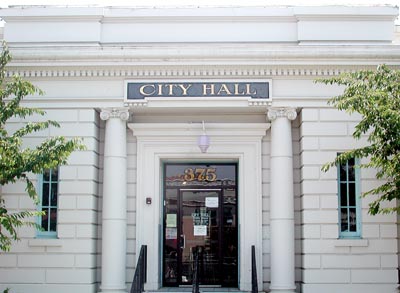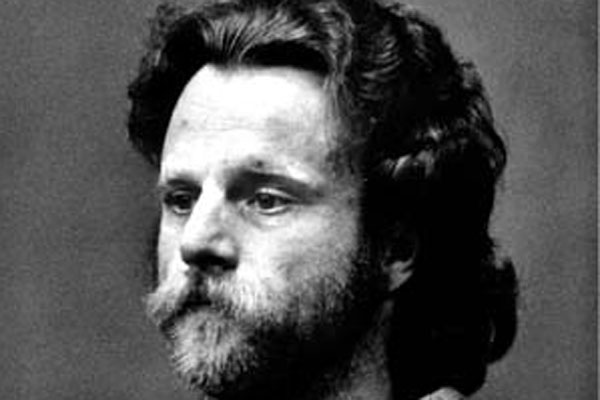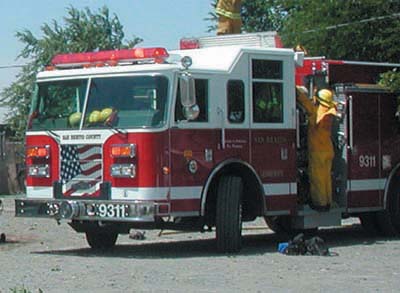While the police department readies for a new daytime curfew law targeting teen delinquents, it has not issued a single citation using the social host ordinance – targeting parents who encourage bad behavior to their children – since its enactment in April 2010.
Interim Police Chief David Westrick confirmed the department has not enforced the social host law approved by the council in March 2010, and enacted a month later. He said although police have cited some people over the past couple of years for possession of alcohol or contributing to delinquency of minors, they have not “had the opportunity” to cite anyone using the social host ordinance – which adds further fines and possible jail time for parents who allow underage drinking at their homes.
Westrick acknowledged that part of the problem is the necessary staff time to enforce the law – while he said all supervisors and officers are aware of the ordinance.
“I think the idea was to hold those people accountable that were holding parties or allowing them to hold them at their house,” Westrick said.
Westrick wasn’t certain whether awareness of stiffer penalties, called for in the social host ordinance, may have deterred locals from hosting such parties.
“I would hope so, but I don’t know,” he said.
The social host ordinance adds fines of $500 for first violations, $750 for second violations and $1,000 for third or more violations – along with possible misdemeanor charges and jail time. It is separate from previously existing laws allowing prosecution against adults for disturbing the peace or providing alcohol to minors.
Councilman Victor Gomez, who worked with the county behavioral health department to push the law forward, took an optimistic view of the lacking enforcement – that publicity about the law may have deterred parents from hosting parties.
He said many people are familiar with the ordinance and he hopes it is enough to deter adults from hosting underage drinkers.
“I’m happy it hasn’t been applied,” Gomez said. “I hope the community did (get the message). I’ve had feedback from a lot of families that said they’re glad this happened.”
Although police have not used the social host ordinance to this point, Westrick said the department routinely has enforced nighttime curfew violations, with 800 to 900 contacts or violations per year. Doing so helps to curtail other crimes such as late-night car burglaries and drug deals, he said.
The idea for the daytime curfew came from the intergovernmental committee comprised of officials from area jurisdictions. One key benefit is to provide consistent laws among the county, San Juan Bautista and Hollister when it comes to the daytime curfew.
Gomez, incidentally, noted that his main concern before getting on board with the daytime curfew – which goes into effect Aug. 1 – was the ability for local authorities to enforce the law.
“My main concern was more along the lines of the possible enforcement of it,” Gomez said. “I don’t think it’s the best practice to put together ordinances we don’t have the capability of enforcing.”
53.7
F
Hollister
April 18, 2024








